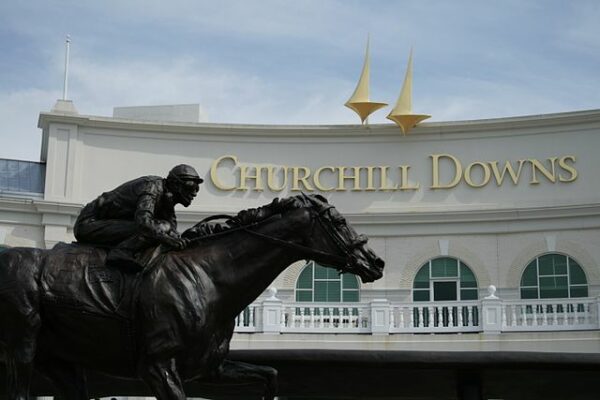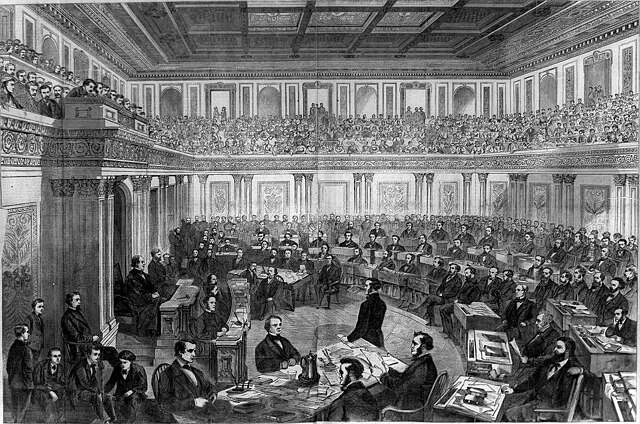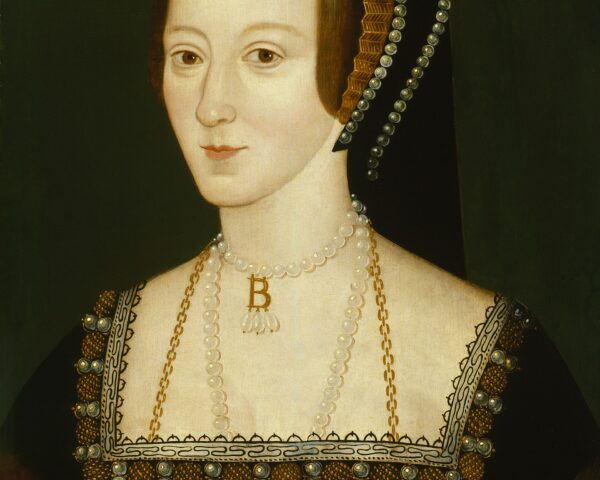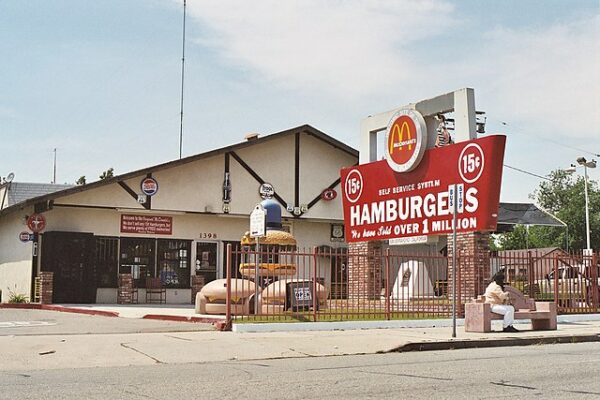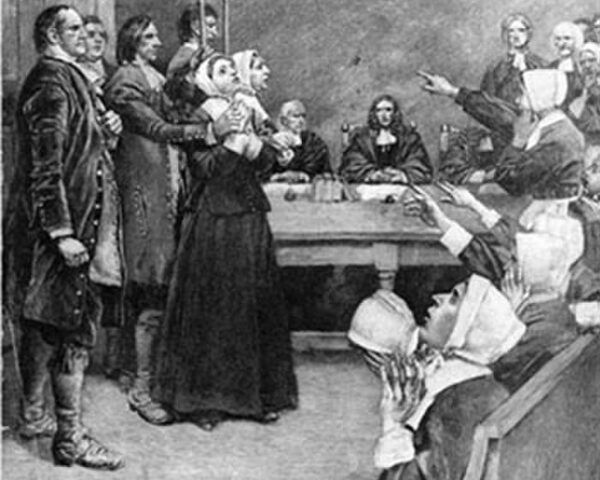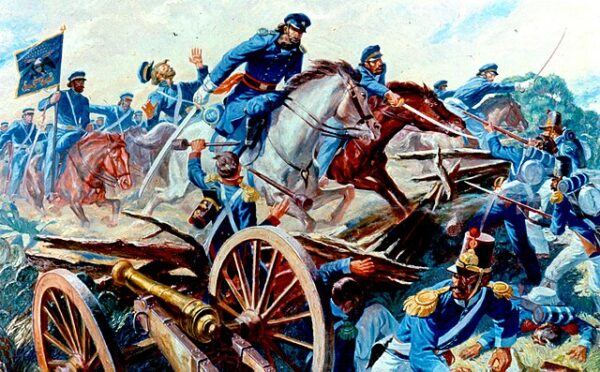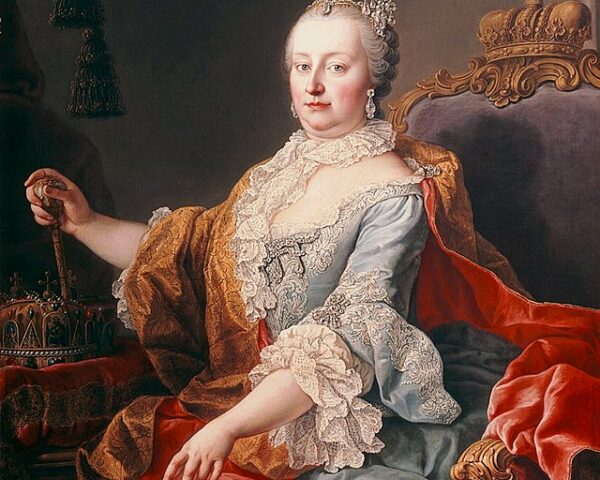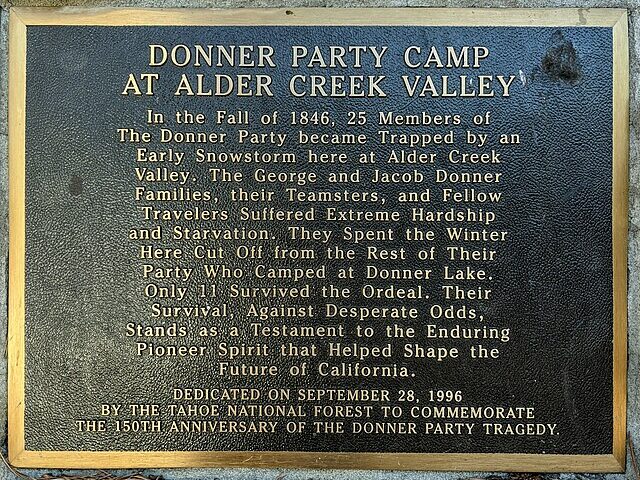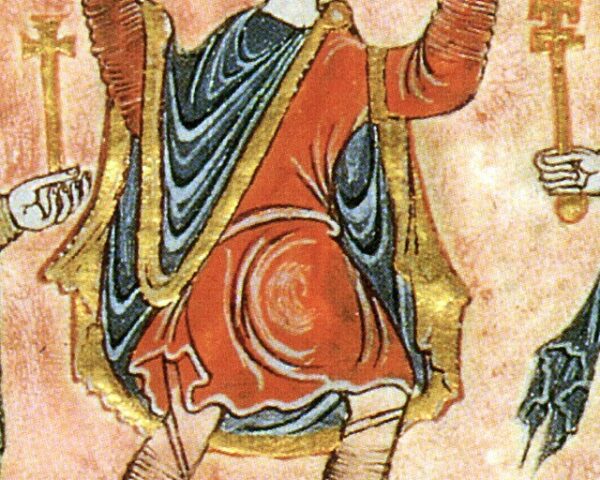On May 17, 1875, “The Most Exciting Two Minutes in Sports.” took America by storm at a racetrack at Churchill Downs. The Kentucky Derby was born. Founded by Meriwether Lewis Clark Jr., the grandson of the famous explorer William Clark, the race was inspired by his…
Read MoreThe impeachment trial of President Andrew Johnson, the first such trial in American history, was a highly contentious and politically charged event that culminated in his acquittal on May 16, 1868. Johnson, who ascended to the presidency following the assassination of Abraham Lincoln, quickly found himself…
Read MoreOn May 15, 1536, Anne Boleyn—Queen of England, second wife of Henry VIII, and mother of the future Elizabeth I—stood trial at the Tower of London. The charges were staggering: adultery, incest, and high treason. The outcome was foreordained. Condemned by a hand-picked jury…
Read MoreOn May 15, 1940, in San Bernardino, California, Richard and Maurice McDonald opened the first McDonald’s restaurant, marking the birth of what would become a global fast-food empire. This pioneering establishment, known then as “McDonald’s Bar-B-Q,” was initially a carhop drive-in with an expansive menu of…
Read MoreIn a bizarre legal footnote to American religious history—and a final echo of the spectral hysteria that once gripped colonial New England—the last case resembling a witchcraft trial in the United States began not in the 17th century, but in 1878. Nearly two centuries…
Read MoreOn May 13, 1846, the United States Congress formally declared war on the Federal Republic of Mexico—a decision that, while presented to the public as a response to a Mexican military incursion, in fact reflected the culmination of deeper ideological currents, territorial ambitions, and…
Read MoreOn May 13, 1981, as Pope John Paul II greeted the crowds gathered in St. Peter’s Square, Mehmet Ali Ağca emerged from the throng, brandishing a handgun. In a matter of seconds, shots rang out, shattering the tranquility of the moment and plunging the square…
Read MoreOn May 12, 1743, Maria Theresa of Austria—daughter of the late Emperor Charles VI and the embattled heiress to the Habsburg dominions—was crowned Queen of Bohemia in Prague’s St. Vitus Cathedral, sealing a hard-won victory not only over the armies of her Bavarian rival,…
Read MoreOn May 12, 1846, the ill-fated journey of the Donner Party began their journey as they departed from Independence, Missouri, embarking on a journey that would ultimately become one of the most tragic tales of American pioneer history. Led by George Donner and James…
Read MoreOn May 11, 973, a landmark event in English history unfolded at Bath Abbey: the formal coronation of King Edgar, known to posterity as Edgar the Peaceful. Though he had already ruled England since 959, this ceremony was not simply a public confirmation of…
Read More

